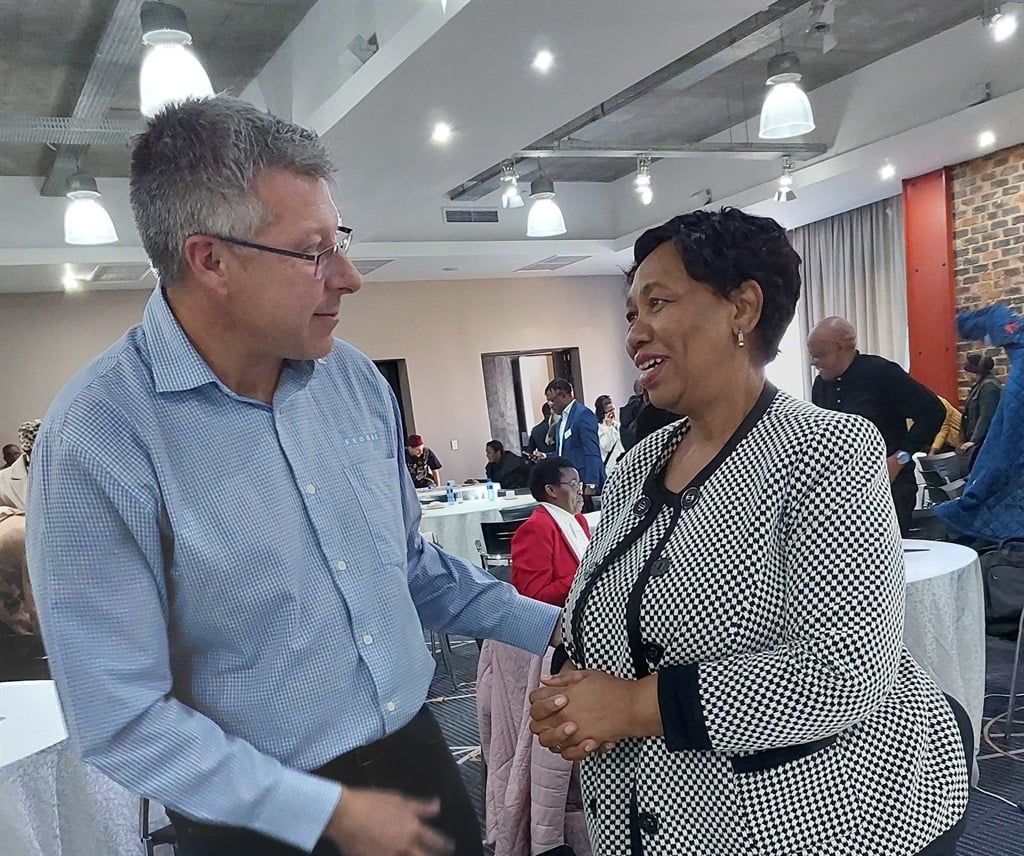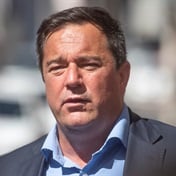
Deeper, more mature discussions, data, research, and hope. Jaco Deacon, CEO of FEDSAS, shares his insights on and surprise at the refreshing change in the National Department of Basic Education’s approach to mother-tongue education.
A lot of talk, little action – my summary of more than 15 years of workshops, lekgotlas, meetings, seminars, conferences, you name it by the Basic Education Department. The highlight is usually the food and perhaps a photo with the Minister of Education.
My expectations for Minister Angie Motshekga's recent language policy conference were not that different: An emotionally charged conference where Afrikaans speakers were singled out as scapegoats. I was the only white, Afrikaans person at the event, so I expected a roasting.
But this time, it was different. We spoke differently about language in education. The programme was in 11 languages with a sign language interpreter to ensure all 12 languages were represented. Speaker after speaker agreed: the biggest loser in the current language dispensation is the child who speaks an African language that is not Afrikaans. This is not news, but until now it was not acceptable to say this. For these children, every subject's evaluations are basically an English language test.
The question was repeated over and over – why did this discussion not take place 20 years ago? In the Minister's words we were not ready before – the system (and its people) had to mature, and local research had to be conducted. Studies were shared that showed that learners in the Eastern Cape perform significantly better when isiXhosa and English are used in combination.
Multilingualism and the promotion of mother-tongue education should go hand in hand
There isn't a constitutional or statutory limitation on multilingualism; in fact, it is an instruction that has been ignored for far too long. Multilingualism and the promotion of mother-tongue education should go hand in hand in our diverse country. Realistically we know that we do not have a workable funding or staff provision model for multilingual education as it stands. However, there was excitement about the fact that we do not have to be ashamed to talk in our own languages. Learners do not have to rely on "second-hand" mother-tongue education.
READ | The science is clear about 'mother-tongue' education. So why are we attacking it?
Why could there be more to it this time? Conferences do not make decisions; decision-makers make decisions. The Minister and senior officials have thrown their weight behind the process, it is informed by national and international research, and there is support from important role-players, including Umalusi, the South African Council for Educators, PanSAB, NECT, the two biggest unions and FEDSAS. The formal consultation process will only get under way once the Council of Education Ministers is also convinced.
What could prevent action? The nine Education MECs must have political will because education is a national and provincial directive. What if language communities and parents disregard mother-tongue education and continue to believe that only English unlocks opportunities? What if the State does not commit enough funding? And what if there is a lack of participation from other local language communities – snide comments from Afrikaans speakers, so used to being singled out that we would rather fight than help? We now have the opportunity to share best practices and processes from Afrikaans education and to move from a "new" South Africa to a "normal" South Africa where ordinary people reach out to others in an act of love because the education of our children is important to all of us.
Both FEDSAS and I have been accused of being the frog in the pan, not knowing that the water is getting hot. The reality is that we work in hot water all the time – we do not have the luxury to comment from the sidelines, but we do have the responsibility to make a difference where it counts. I am fully aware that the conference is not the magic wand that will change the education system overnight. But I also know that mother-tongue education will be a big step towards unlocking the potential of every child.
I left the conference with hope. The discussions were deeper, more mature, data-driven and supported by research. It was refreshing to hear more reasons that excuses to make mother-tongue education a reality. Yes, English will continue to play an important role and will often be the only communal language but for once we listened to one another's heart.
A good example
And for once, Afrikaans was held up as a good example of what can happen in a short time. As white, Afrikaans male I was not just tolerated but accepted. I could share that my biggest white privilege was that I could learn and develop in Afrikaans, my mother-tongue, from pre-primary school to university. I could share that the stipulations on language policy in the Basic Education Laws Amendment Bill (BELAB) are a threat to mother-tongue education instead of a promotion of multilingualism and that Afrikaans people will protect Afrikaans education passionately, even in court.
Perhaps it was a good thing that I was in the minority as it is time that the majority speak up about and take ownership of their own mother tongue. Today it is not Afrikaans or English preventing other African languages from developing but the speakers of these languages who have been silent for too long.
I am optimistic by nature, and I refuse to believe that this will be another disappointment. This was a discussion with more momentum than tea and cookies. The realisation of mother-tongue education will cost our country a lot of money, but can we afford not to do it?
By the way, I did take a photo with the Minister. And I could look her in the eye and thank her for a meaningful conference. Mother-tongue education for all our children might just be her biggest legacy as the longest-serving education minister in the history of the country.
- Dr Jaco Deacon is the CEO of FEDSAS
*Want to respond to the columnist? Send your letter or article to opinions@news24.com with your name and town or province. You are welcome to also send a profile picture. We encourage a diversity of voices and views in our readers' submissions and reserve the right not to publish any and all submissions received.
Disclaimer: News24 encourages freedom of speech and the expression of diverse views. The views of columnists published on News24 are therefore their own and do not necessarily represent the views of News24.




 Publications
Publications
 Partners
Partners























